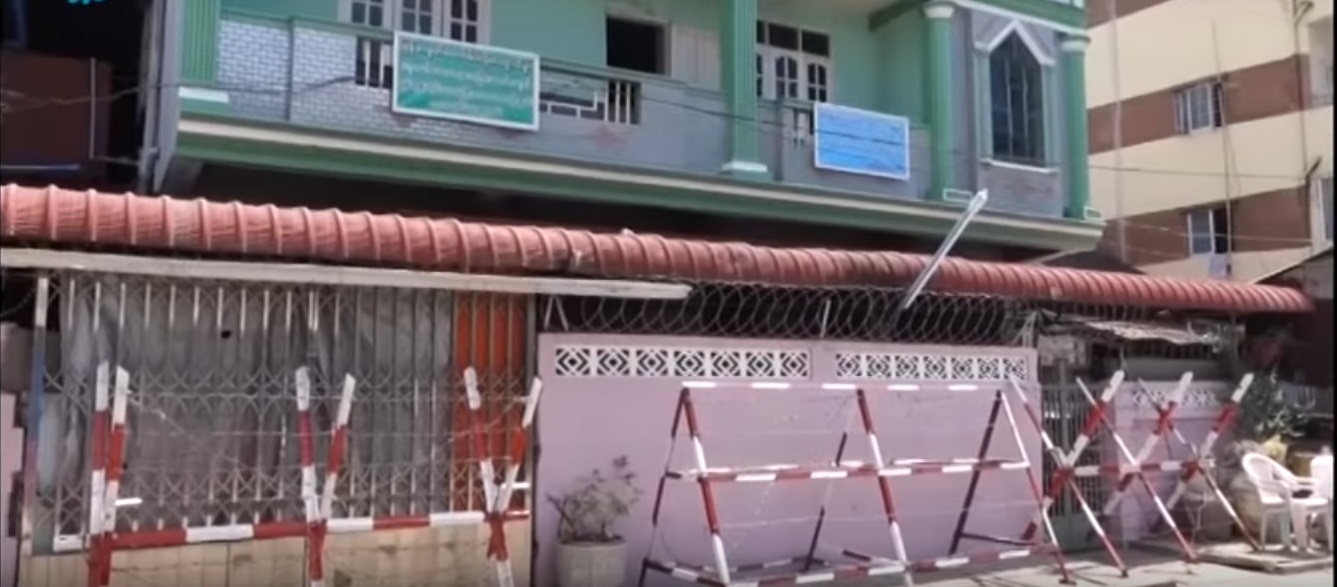Although the Rangoon regional government appears to have issued a directive last week to restrict communal worship in homes and other unauthorised venues, the Ministry of Religious Affairs and Culture has said it will have no hand in enforcing the new rules.
Aung San Win, a spokesperson for the Ministry of Religious Affairs and Culture, told DVB on Wednesday that the ministry had not yet been made aware of the directive’s particulars and had no plans to use the ministry’s Union-level authority to issue instructions regarding the order, in Rangoon or any of Burma’s 13 other states and divisions.
One copy of the letter detailing the directive, and seen by DVB, was signed by the relevant administrator for Sanchaung Township and dated 25 August. It states that residents are not to build unauthorised religious structures, nor teach religious texts or congregate for worship inside homes, schools and other buildings that have not obtained the necessary permissions to do so.
The letter also emphasised the importance of avoiding potentially destabilising religious conflict, threatening that action would be taken against those who fail to comply with the letter’s edicts. It was not immediately clear whether the directive was related to the most recent flare-up of violence in Arakan State, where Muslim militants staged a series of attacks in the early hours of 25 August — the same day that the Sanchaung administrator’s letter was dated.
[related]
“I think that the regional government issued the order letter. We [the religion ministry] won’t release this kind of order letter and haven’t instructed the restriction of worship,” said Aung San Win.
A phone call to the Rangoon Division minister for social affairs went unanswered on Wednesday.
In June, Rangoon Chief Minister Phyo Min Thein said the regional government would take a hard line against instigators of religious conflict, vowing that action would be taken against those stoking tensions.
His remarks at the time followed two confrontations in the weeks prior, in Rangoon’s Thaketa and Mingalar Taung Nyunt townships, between Buddhist and Muslim communities. In Thaketa, a mob of more than 100 monks and nationalist laypersons gathered in late April to demand the closure of two Muslim schools that they claimed were holding prayer services and providing Islamic schooling without authorisation. Police were criticised by some after they ceded to the protesters’ demands, closing down the schools as tensions between the two religious communities grew increasingly heated.
Moe Zaw, a Muslim resident of Thaketa Township, said Wednesday that the administrator of Thaketa had also ordered the restrictions on religious worship, lamenting that his fellow Muslims in the township would find it difficult to celebrate Eid al-Adha as a result.
“Most Muslim people are poor. So, they have to go to rich Muslim people’s houses to celebrate Eid,” he said of the holy Islamic holiday, officially gazetted for 2 September in Burma this year. “But given the order, Muslim people are afraid to do that.”



